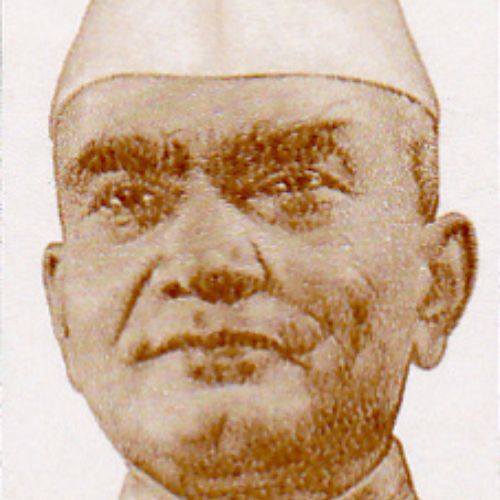Early Life
Kailash Nath Katju was born on 17th June 1887 in the princely state of Jaora (present-day Madhya Pradesh). He obtained his bachelor’s degrees from Forman Christian College in Lahore and Muir Central College in Allahabad. He began his legal practice in Kanpur in 1908. He came back to Allahabad to pursue a Doctor of Laws from the University of Allahabad. After obtaining his postgraduate degree in 1919, he was enrolled as an advocate of the Allahabad High Court Bar.
Katju went on to become an active figure in Indian politics. He was a member of the Congress Party and served on the Council of Uttar Pradesh Congress Committee and All India Congress Committee. Thereafter, he held several offices that include: Chairman of the Allahabad Municipal Board; Minister of Justice, Industries and Development (UP); Minister of Law, Justice, and Parliamentary Affairs for the United Provinces.
In addition to his political appointments, Katju was involved in educational and journalistic endeavours. He was one of the founding members of Associated Journals Limited, which published newspapers such as the National Herald. He also served as a Member of the Executive Council for Banaras Hindu University.
Role in India’s Independence Movement
A prominent lawyer, during the freedom struggle, Katju defended several political prisoners in controversial cases. This included the accused in the Meerut Conspiracy Case and the military officers in the INA trials.
Moreover, due to his participation in the Civil Disobedience Movement, he faced imprisonment for 18 months. Katju was further detained in August 1942, during the Quit India movement, for nine months.
Contribution to Constitution Making
He was elected to the Constituent Assembly from the United Provinces on a Congress ticket. He intervened in the Assembly on citizenship issues.
Later Contributions
After independence, Katju served as the governor of two Indian states: Orissa (1947-48) and West Bengal (1948-51). Thereafter, he became the Union Ministries for Law, Home Affairs, and Defence.
As a member of the Congress Party, he was elected to the Lok Sabha from Mandsaur in present-day Madhya Pradesh. He eventually became Chief Minister of the state in 1957 and held this post until 1962.
He passed away on 17th February 1968.
Key Writings
Katju wrote several books in his lifetime, mainly on legal practice and the legal fraternity. His books include – ‘Experiments in Advocacy: A Colossus in the Courts of Justice’ and a commentary on the Codes of Civil and Criminal Procedure.
Katju argued in favour of conferring citizenship through on the basis of ethnicity (jus sanguinis rule).

